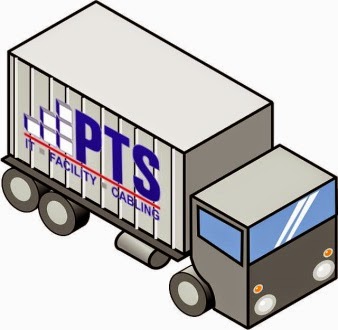 So you've made the decision to relocate your data center operations to a new facility. Perhaps you are moving the operations to a data center colocation facility because it was going to be too expensive to upgrade your in-house data center facility, or perhaps your organization prefers an operational expense financial model over spending capital expenditures (cash) today. Or maybe your company is simply relocating its corporate headquarters, including the computer room.
So you've made the decision to relocate your data center operations to a new facility. Perhaps you are moving the operations to a data center colocation facility because it was going to be too expensive to upgrade your in-house data center facility, or perhaps your organization prefers an operational expense financial model over spending capital expenditures (cash) today. Or maybe your company is simply relocating its corporate headquarters, including the computer room.Regardless, you will have a lot of work ahead of you, and PTS’ data center experts can help. PTS’ Relocation Services provide comprehensive site selection, planning, project management, and implementation services for clients in need of data center or computer room migration, whether due to business changes, growth, changes in IT needs or requirements, business relocation, or other strategic business reasons.
Learn more about PTS' Relocation Services for your data center,
computer room, or other mission-critical facility here:










